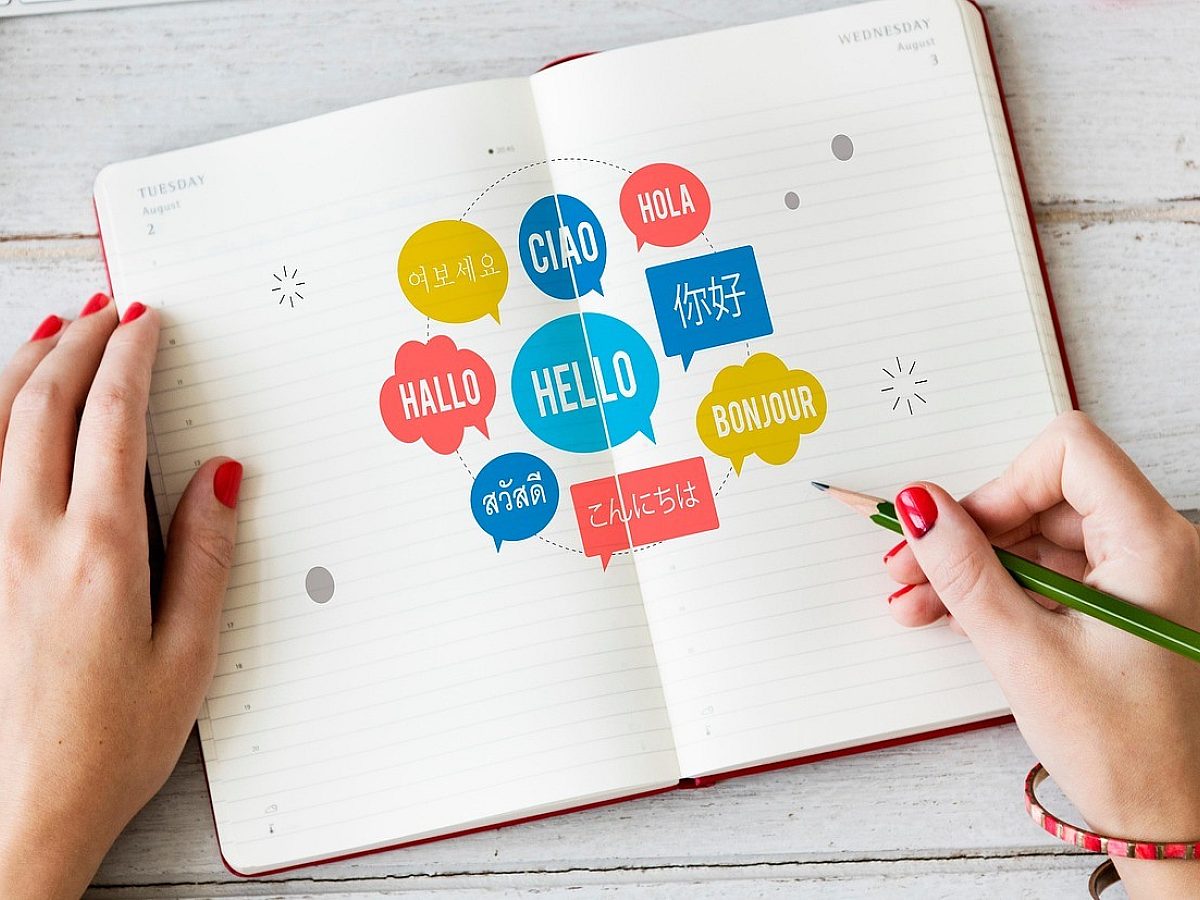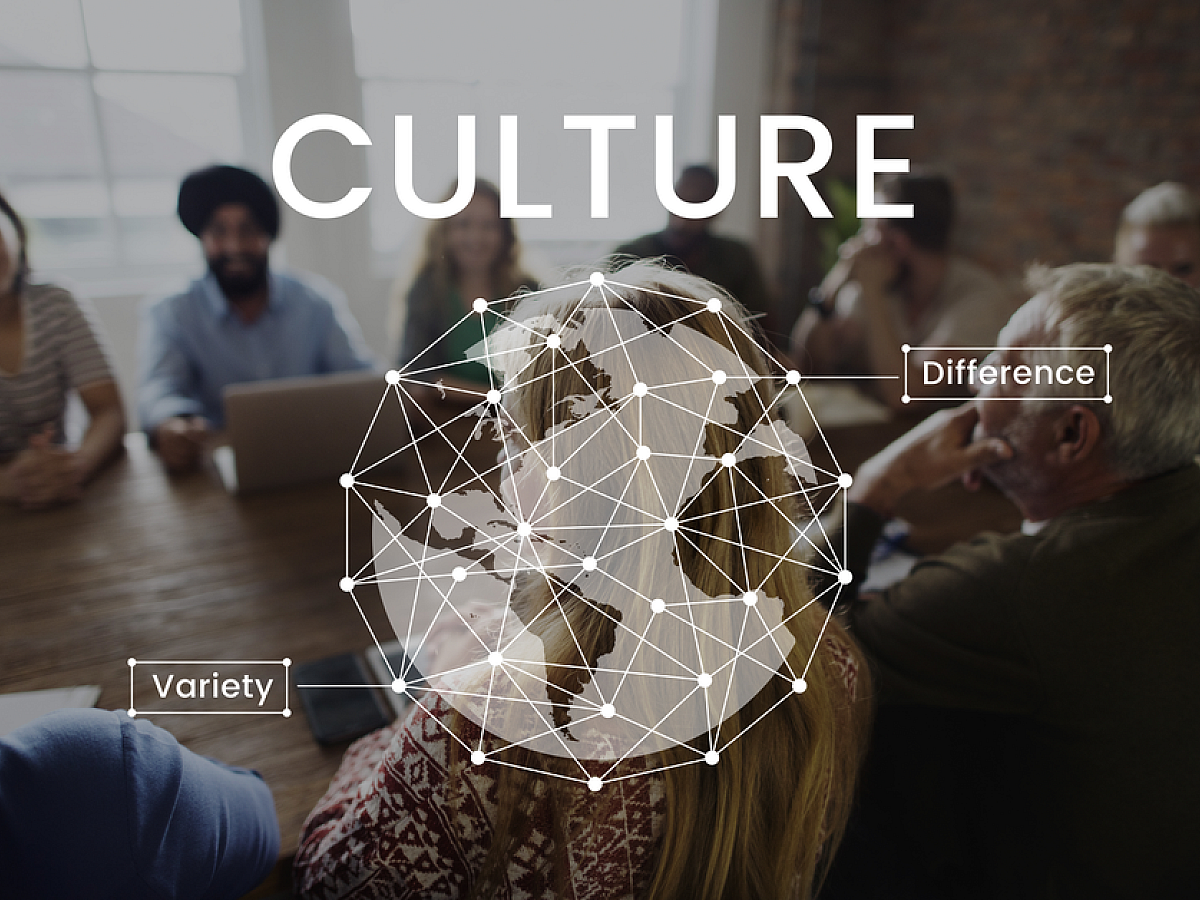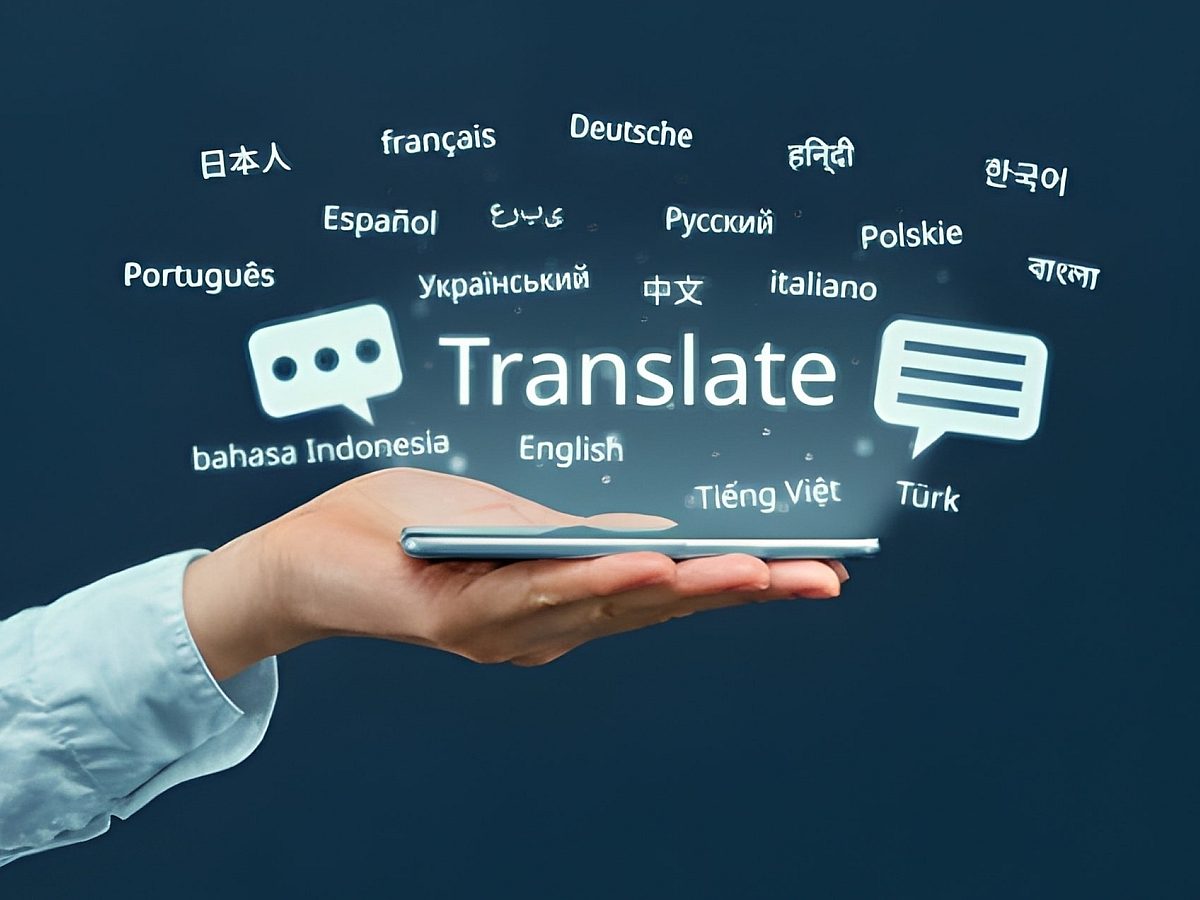Today, the manufacturing industry faces the challenge of maintaining efficient operations across multiple countries and languages.
As manufacturers expand, the need for clear, accurate communication becomes critical not only for the bottom line but also for consumer safety and regulatory compliance.
This is where manufacturing translation services come into play. Accurately translated and localized materials allow manufacturers to optimize their global operations and maintain consistency across all markets.
However, translating industry and brand-specific manufacturing materials into multiple languages is a challenge. Translation errors can cause hazards for manufacturers in terms of safety, regulatory compliance, and market reach.
This is why it’s so important to work with a qualified manufacturing translation partner.
Wolfestone Group, a leader in translation and localization services, has provided language services to major manufacturers for nearly two decades. Below, our experts explain what manufacturing translation is, why it’s important and how to choose a reliable manufacturing translation agency.
What is Manufacturing Translation?
Manufacturing translation is the conversion of manufacturing-specific documents and materials from one language to another. Manufacturing translation differs from standard translation because it requires a translator with expertise in the sector.
Some examples of manufacturing translations include:
- Technical manuals
- Safety documentation
- Product descriptions
- Patents and patent applications
- Regulatory documentation
- Legal documents
- Marketing content
The complexity of manufacturing processes and the specificity of technical terms make it essential to work with translators who understand the industry's unique demands.
For example, translating an operator's manual for heavy machinery requires a deep understanding of the equipment and its operational context. This ensures that the translated content is both accurate and usable for the intended audience, whether they are engineers, technicians, or simply end-users.
Why Translation is Essential to Manufacturing Operations?
Without accurate and timely translation services, modern manufacturers cannot operate effectively on a global scale. Translation is becoming even more critical for Industry 4.0, as the implementation of smart factories expands.
Manufacturers are busy integrating tools like AI, the Internet of Things (IoT) and cloud computing into their facilities. However, the efficiency of these modern advancements hinges on the speed and accuracy of translation. Poor or slow translations cause human inefficiencies that act as bottlenecks to otherwise efficient technology.
Luckily, manufacturing translation agencies like Wolfestone Group use advanced technology, such as AI translation, to translate faster, more accurately, and more affordably than ever (more on that below).
Here are a few more reasons why translation is critical to the future of global manufacturing.
Market Reach
Expanding into new markets requires that product descriptions, user manuals, marketing materials and more are accessible and understandable to the local audience. Poor translations affect the perception of your brand and the trust of potential clients. Manufacturing translation services ensure that your materials are accurately translated and localized (culturally adapted for new markets) while maintaining the integrity of your original message.
Safety and Risk Mitigation
Miscommunication can lead to costly errors or even safety hazards. Studies have revealed that language barriers create significant accident risks at manufacturing facilities. Consider a scenario where an assembly line in Germany needs to implement a new process designed by a team in Japan. If the instructions are not correctly translated, the risk of operational mishaps increases, potentially leading to production delays or equipment damage. Manufacturing translation helps mitigate these risks by ensuring that all stakeholders, regardless of location, are on the same page.
Regulatory Compliance
The manufacturing industry is heavily regulated, with standards varying by country and region. Accurate translations of documents, safety guidelines and regulatory filings are essential to avoid legal issues and penalties. Professional translation services help manufacturers maintain compliance with local regulations and minimize the risk of non-compliance. Manufacturing translation agencies like Wolfestone Group include compliance checks as part of their accuracy controls to ensure all translations meet industry regulations.
Product Comprehension and Error Reduction
The operation of manufacturing processes requires clear communication of technical information. When product manuals, safety instructions and maintenance guides are correctly translated, it reduces the chance of errors and improves product understanding among employees and customers. This boosts efficiency and safety, and it ensures the reliability of operations.

How to Choose a Manufacturing Translation Partner
When it comes to manufacturing translation, partnering with a professional language service provider (LSP) is often a better choice than relying on freelancers or in-house teams.
Working with freelancers risks the consistency of your message across languages, and freelancers often lack important quality control measures implemented by LSPs.
Hiring an in-house translator can be cost-effective if you require translation into just one language. But as you expand, your translation and localization team will balloon your costs.
Here’s what to look for in a manufacturing translation partner:
- Advanced Technology: Professional LSPs utilize the latest technology to deliver fast and cost-effective translations. This is absolutely essential for agility in manufacturing operations. Modern translation agencies invest in tech such as translation memory (TM), machine translation (MT), and translation management systems (TMS). LSPs should also be able to integrate into your CMS for more efficient project management.
- Localization: Manufacturing translation is about more than words. Localization involves adapting content to fit the cultural and linguistic context of the target market. This ensures that translated materials resonate with local audiences and comply with regional standards. A good LSP will have the expertise to handle both translation and localization.
- Consistent Messaging: Maintaining a consistent message across markets is crucial for brand integrity. Your LSP should assign you a project manager who coordinates translation efforts across languages to ensure consistency. This helps build trust and recognition among global audiences.
- Data Security: Manufacturing documents often contain sensitive information, including proprietary processes, technical specifications and regulatory compliance data. A reliable LSP will have robust data security measures in place to protect this information.
- Quality Controls: Look for an LSP that has a reliable quality management system in place. An ISO 9001 certification is evidence of this. It guarantees that every translation undergoes thorough review processes, including proofreading and editing by industry-expert linguists.
- Compliance Checks: Compliance checks are a part of the quality control process. They are additional checks to ensure your translated documents adhere to local regulations. These checks help you avoid costly legal issues and ensure that your products meet the necessary standards wherever you operate.
- Comprehensive Language Services: Beyond translation, manufacturers may need a range of linguistic services, including interpreting, accessibility services, multilingual SEO, desktop publishing and more. Partnering with an LSP that offers a full suite of services ensures that all your language needs are met under one roof.
Wolfestone Group: Manufacturing Translation for Global Efficiency
Wolfestone Group is a localization agency with nearly 20 years of experience in manufacturing translation.
Our global team of specialized translators understands the complexities of the manufacturing industry. We guarantee that every translation is technically accurate and localized for your audience. Whether you need translation for technical manuals, compliance documents, or marketing materials, Wolfestone Group has the expertise and resources to enhance your global operations.
We are proud to support our manufacturing clients with the latest in translation technology, including translation memory, machine translation, and advanced translation management systems that integrate into their workflows. Our commitment to quality is reflected in our ISO certifications, including ISO 9001 for quality management and ISO 27001 for data security.
By choosing Wolfestone Group, you are partnering with a global language service provider that can maintain your pace of operations and scale with you wherever you do business.
Contact Wolfestone Group today to learn more about how we can support your manufacturing translation needs and optimize your global operations.




